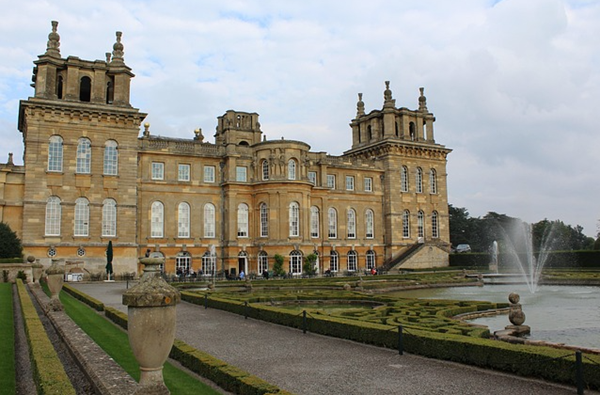Opinion: Dependency is a Relative Concept

Over the years, I’ve spent quite some time in Britain and there are many things that fascinate me about it.
Travelling Around
The first is that so many people that I meet with, particularly in England, have never seen much of the country, even though it’s not very big. They just don’t travel around to look at things. Even less have been to Ireland, even though it’s basically next door.
I have seen a similar thing in Australia, but in that case, it’s been to do with the tyranny of distance. I remember back in the 1980s when I popped in to see an old friend in a town called Clermont. I was doing maintenance on large mini-computers at the Blair-Athol coal mine site. I mentioned where I needed to go that week, and my friend’s wife just sat there open-mouthed. She explained to me that she had never travelled that far in her entire life, let alone in a week. I remember her telling me that she had been to the coast and seen the ocean just once in her life. Mind you, going to the coast from Clermont was like going to Manchester from London. There would be plenty of people in London who’ve never been to Manchester.
Tight Living
Another thing that fascinates me about England is that I see the upper class (i.e., the landed gentry) owning vast amounts of land, and yet most of the “normal” people, living in things like shoe box sized flats, on top of each other, or jammed in such close proximity to each other.
I’m always glad that Australia is a lot more egalitarian than that.
Blenheim Palance
But what I wanted to comment on today, is the terminology I have seen being used to describe the relationship between the classes. It struck me as bizarre, and it’s clearly a matter of perception.
I’ve been to Blenheim Palace in Woodstock, Oxfordshire a few times. It’s an amazing example of nobility with massive holdings, really on fairly flimsy rationales. The royal manor and vast lands were given to the first duke in 1704, for his leadership in a battle against the French. Ironically, the building only finished the year he died.
Dependency?
I was at the palace on day when the current duke returned home, and saw all the pomposity of the staff all lined up to greet him, etc. And on that day, as well as seeing through the building, I was most interested in a display towards the rear, where the output of so many families who lived and worked on the estate, was highlighted.
What struck me the most though, was when the duke referred to those families. They were, apparently, dependent families, or dependencies.
I thought it was an astonishing view of the world.
On the large estate, there were a large number of families who worked hard every day, and one family that lived in grandeur without the need to work. Yet that one family saw all the working ones as dependents.
From my perspective, there was only one dependent family on the estate.
2025-04-27
